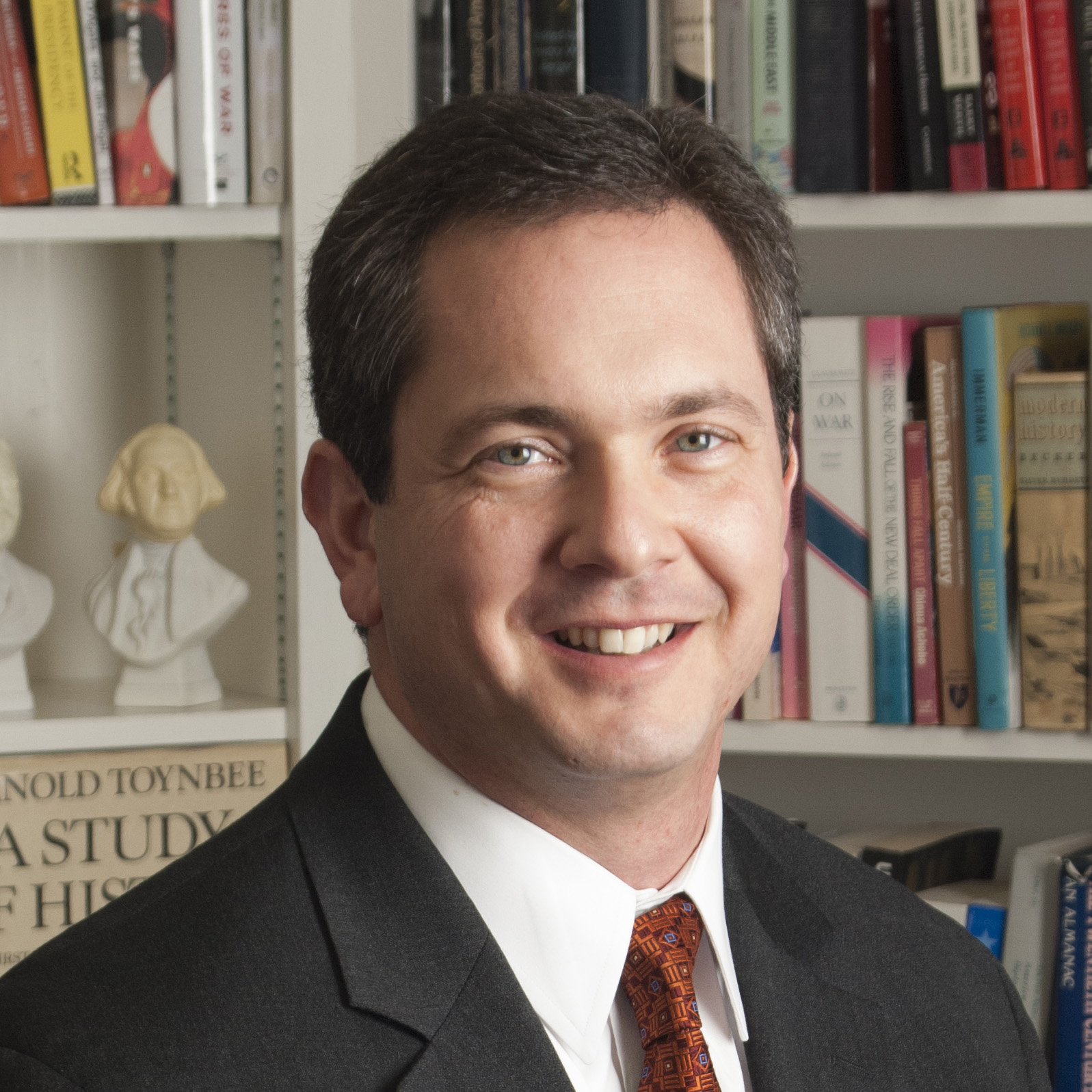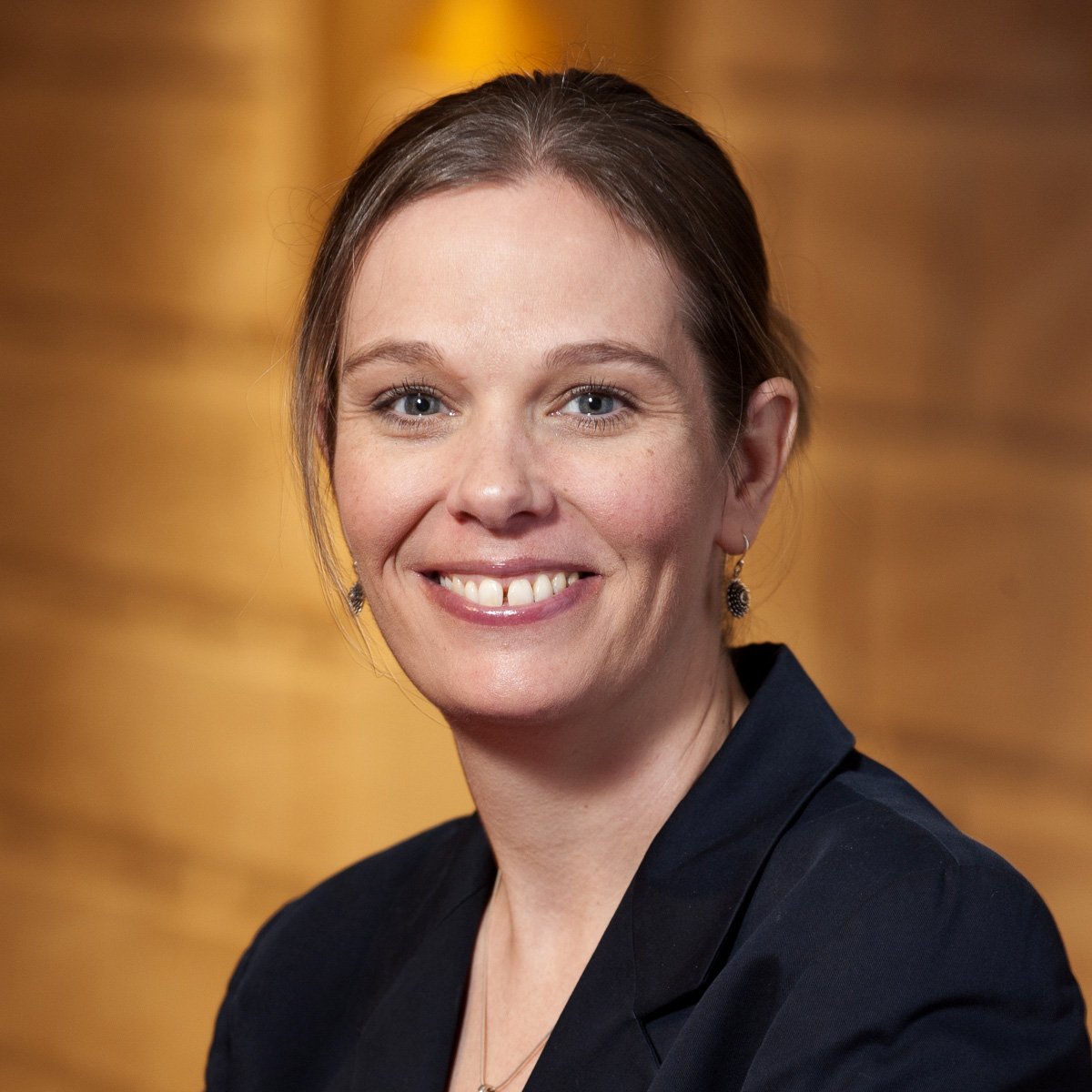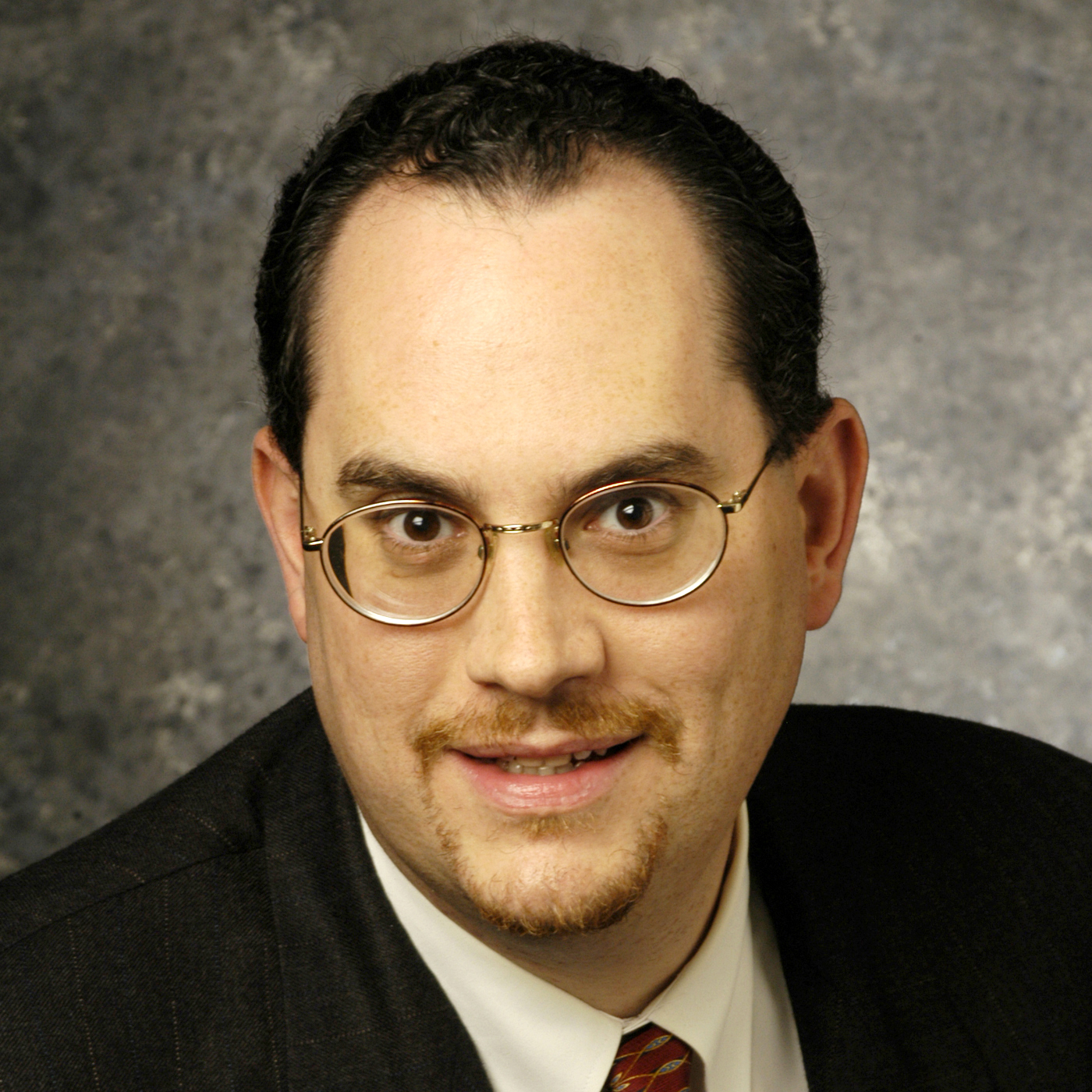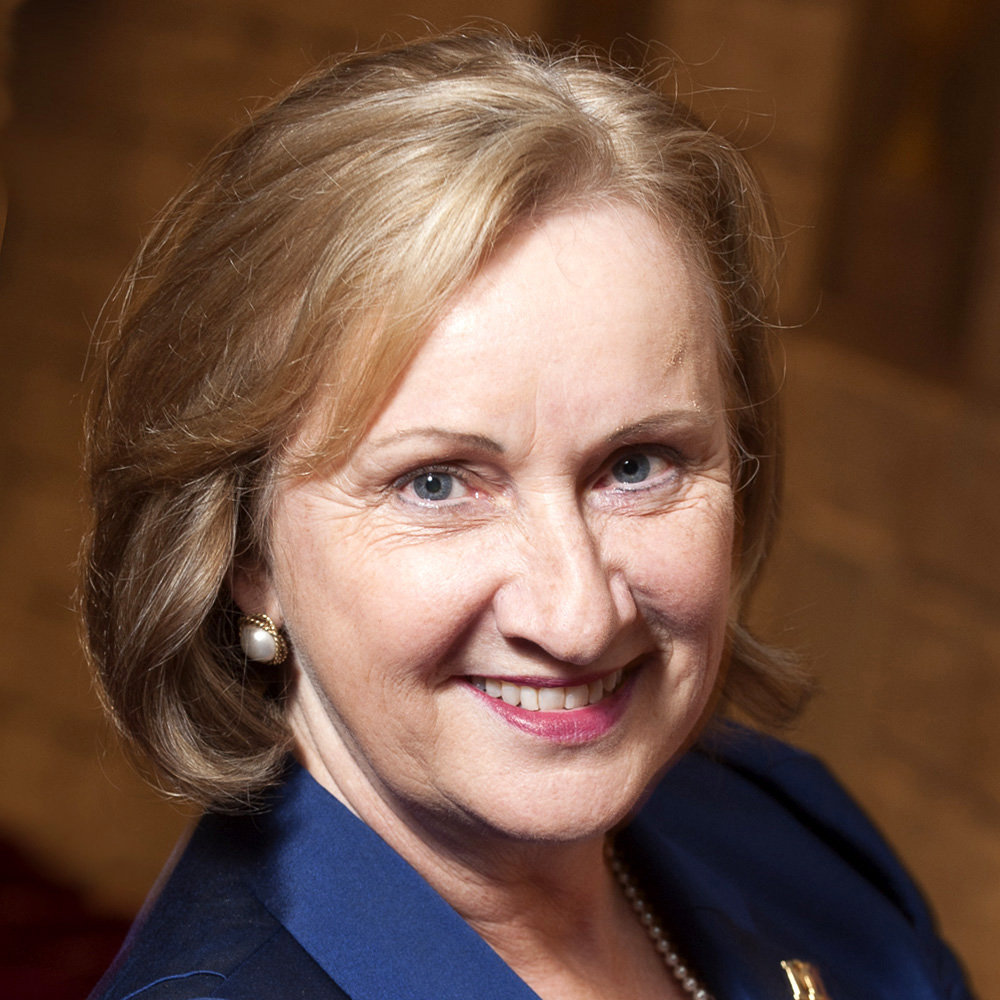#NEVERTRUMP movement faces time for choosing
SMU political experts are available for interview on all things related to the current state of the presidential race.
DALLAS (SMU) – SMU experts are available for interview on all things related to the current state of the presidential race.
| WILL TRUMP CHANGE THE SOUL OF THE REPUBLICAN PARTY? |
|
|
The popular refrain of the #NeverTrump movement basically amounted to, “He’s not one of us.” Donald Trump didn’t believe in Republican values, they said, and he would change the party. Engel agrees with the premise. “Trump doesn’t care a wit for social issues,” he says. But he also sees shades of Barry Goldwater when he looks at Trump’s candidacy – which could mean short-term losses and long-term salvation for the Republican Party. “Trump will get completely trounced (in November) and all the people he brought into the party will just as quickly leave the party when they realize they lost,” Engel says. “The traditional narrative is Goldwater gets destroyed in ‘64, but lays the foundation for Reagan’s advance by making conservatism appear more acceptable. We’ll see a long-term replay of Barry Goldwater’s (consequences in the years ahead). “People will look at the fallout of this election just as they did in 2012 when they warned the Republican party it can’t win if it doesn’t appeal to minorities and Hispanics,” Engel continues. “(Republicans) will never win in the 21st century America unless they get rid of this fascist nativism that Trump represents, and it will move closer to a Rand Paul-like libertarianism after he loses.” Engel sees gradual libertarian revolution, not collapse or the rise of a third party, in the Republican’s future. He also doesn’t see a return to the past, despite Trump signaling an attempt to rebuild the Reagan coalition. “Reagan won by bringing in Reagan Democrats, who were blue-collar, white, male old-labor types,” Engel says. “Non-white voters made up 14 percent of the electorate then. Today they make up more than 30 percent, so I don’t see that old-fashioned nativism succeeding in the 20th century. Engel is director of the SMU Center for Presidential History. He can discuss:
|
|
| SANDERS MAY STILL BE IN IT, BUT THE GENERAL ELECTION STARTS NOW |
|
|
When Ted Cruz and John Kasich suspended their campaigns earlier this week, the last barriers between Trump and the Republican nomination fell away. While Hillary Clinton still technically has her foe, Bernie Sanders, to contend with, Martin expects Clinton to look straight past Sanders to Trump from here to November. “Clinton was in Ohio Tuesday, sending a clear signal her attention is on Trump already,” Martin says. “For her campaign, that is probably a good strategy. The upcoming states line up well for Sanders. If he intends not to drop out, there could be some bad headlines for Clinton, so the more she can direct media attention to the general election, the more it’s to her benefit.” Martin also expects to see a renewed urgency among Democratic heavyweights to pressure Sanders to drop out of the race – a product of Cruz’s unexpected suspension. “It came as a surprise to many when Cruz pulled his plug,” Martin says. “Sanders can only do Clinton harm at this point. His only path to the nomination is to convince Super Delegates to abandon Clinton, but they’ll be less likely to feel sympathetic to his argument when they see someone who isn’t a Democrat (Sanders) doing damage to the party by refusing to drop out.” Another reason Clinton must focus on Trump? Martin says the Donald tipped his hand by testing a general-election message based on the economy this week, and it could be a winning one. “Trump will really start to hone that message about jobs and trade,” Martin says. “The question for Trump is how disciplined of a candidate can he be? If he can home in on the economy and stay away from alienating minorities and women, he might be able to do some repair work.” Martin is an SMU assistant professor of Communication Studies in the Meadows School of the Arts. She can discuss:
|
|
| THREE REASONS #NEVERTRUMP WILL STILL BE THE END OF DONALD TRUMP |
|
|
With the collapse of Trump’s final rivals this week, Republican Party Chairman Reince Priebus has declared Trump the party’s presumptive nominee and called on Republicans to rally around him. Wilson says there are three reasons that won’t happen. “Most of the Republicans who hate Trump do so for three reasons,” Wilson says. “It’s either because he’s not a true conservative, and his long history of left-leaning positions won’t change anytime soon; or it’s because of his brashness and vulgarity, which is part of appeal that excites his supporters; or it’s because they think Trump will lose and lose horrifically this November, taking the party down with him. That third element could become a self-fulfilling prophecy, but there’s nothing Trump can do to fix any of those complaints.” Wilson says the net result of this lingering #NeverTrump sentiment will be a Republican party with a very unfamiliar look this summer and fall. “A lot of the never Trump crowd will throw in the towel on this election and sit on the sidelines,” Wilson says. “You’ll see a lot of abstention in terms of voting activism and contributions and probably some surge in support for minor party candidates like Libertarians – I suspect they’ll do better than ever before. But most will sit back and wait for what they see as the inevitable apocalyptic defeat in November, then try to get the party back to normal in time for 2020.” Wilson is an SMU associate professor of Political Science. He can discuss:
|
|
| FORGET RIGHT VS LEFT, THIS ELECTION IS ABOUT RICH VS POOR |
|
|
In some ways, Kirk sees an element of foreshadowing in the now-closed Republican primary season. Ideology and right-wing values mattered little to voters. The promise to shake up the system and get them their wages and jobs back did. Thus rose Trump, and thus Trump will attempt to defeat Clinton. “Worldwide – not just in the U.S. – politicians have gotten to the point they don’t think people are noticing bad government,” Kirk says. “People are angry about how it’s working, so the pushes and pulls are about upheaval between rich and poor more than about the left and the right.” Kirk points to both Trump’s unexpected rise and Sanders’ stubborn tenacity as proof that the promise voters most want delivered is change. “People see government workers who aren’t doing their jobs and never get fired,” Kirk says. “The abuses in the system are what make people want a real shakeup.” “If you listen to the things Trump is saying, they’re not compelling, but the notion that he’s a guy who can make things work and shake things up, that’s compelling,” Kirk adds. “On the other side, Hillary is playing to this notion that the system is stacked against people, and that’s where the Sanders’ influence has pushed her to the left. Sanders is making her say there are systemic failures preventing the mom and pop shop from succeeding and it’s big business and big money, and that plays well because a lot of people feel they’re not getting a good shake. Through no fault of their own, they have degrees and huge student loans and it’s not adding up.” Kirk is SMU professor of communication studies and director of the Maguire Center for Ethics & Public Responsibility. She can discuss:
|
|
###
SMU is a nationally ranked private university in Dallas founded 100 years ago. Today, SMU enrolls approximately 11,000 students who benefit from the academic opportunities and international reach of seven degree-granting schools.
21744-nr-5/5/16-kr



